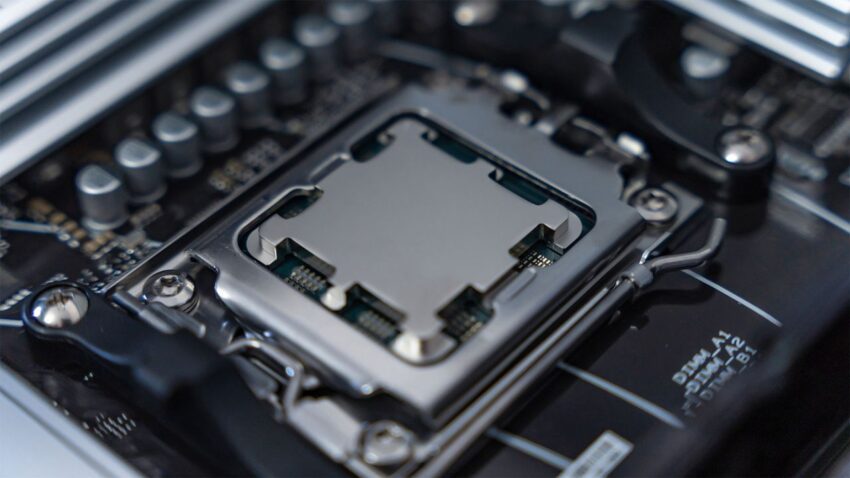
AMD has addressed recent concerns regarding the burning of its AM5 socket, attributing the issue to motherboard vendors’ failure to adhere to official BIOS guidelines.
Background on the AM5 Socket
The AM5 socket, introduced by AMD, is designed to support the latest generations of Ryzen processors, providing enhanced performance and features. This socket is part of AMD’s strategy to compete with Intel in the high-performance computing market. It supports advanced technologies such as DDR5 memory and PCIe 5.0, which are crucial for gamers and professional users alike.
Since its launch, the AM5 platform has been met with enthusiasm, but it has also faced scrutiny due to reports of CPU failures. These failures have raised concerns among users and industry experts regarding the reliability and stability of the platform.
Recent Issues and AMD’s Response
In a recent Q&A session, AMD addressed the growing concerns surrounding the AM5 socket, particularly the instances of CPU burnout. The company pointed fingers at motherboard vendors, claiming that the failures are primarily due to “overtuned” BIOS settings implemented by its board partners. This statement suggests that the issue may not lie within AMD’s processors themselves but rather in the configurations set by manufacturers.
Focus on ASRock
While AMD did not explicitly name any companies, industry insiders suggest that the comments are particularly aimed at ASRock. ASRock has been facing challenges in rectifying issues related to CPU failures on its motherboards this year. The ongoing problems have led to a significant number of user complaints, and the company has been under pressure to address these concerns effectively.
Understanding BIOS Settings
BIOS (Basic Input/Output System) settings play a critical role in how a motherboard interacts with its CPU and other components. These settings can affect performance, stability, and even safety. Overclocking, which involves running components at higher speeds than their official specifications, is a common practice among enthusiasts seeking enhanced performance. However, if not done properly, it can lead to overheating and hardware failure.
AMD’s assertion that overtuned BIOS settings are to blame indicates that some motherboard manufacturers may be pushing their products beyond safe operational limits. This situation raises important questions about the responsibility of motherboard vendors in ensuring that their products meet AMD’s guidelines.
Implications for Users and Manufacturers
The implications of AMD’s comments are significant for both users and manufacturers. For consumers, the potential for CPU failure can lead to costly repairs and replacements, as well as downtime for those relying on their systems for work or gaming. Users may need to exercise caution when selecting motherboards, particularly from manufacturers that have been associated with these issues.
On the other hand, motherboard manufacturers face reputational risks. If AMD’s claims are substantiated, companies like ASRock may need to invest in better quality control and testing procedures for their BIOS settings. This could involve more rigorous validation processes to ensure that their products align with AMD’s specifications.
Future Developments
As AMD continues to address these concerns, it will be essential for the company to work collaboratively with its motherboard partners. Clear communication regarding BIOS guidelines and best practices will be crucial in preventing further issues. Additionally, AMD may need to consider implementing stricter regulations or certification processes for motherboard vendors to ensure compatibility and reliability.
Community Response
The reaction from the tech community has been mixed. Many users express frustration over the ongoing issues, while others are eager to see how AMD and its partners respond to the situation. Online forums and social media platforms have seen discussions regarding the safety of the AM5 socket and the reliability of various motherboard brands.
Conclusion
In summary, AMD’s recent comments regarding the AM5 socket and the associated CPU failures underscore the importance of adhering to official BIOS guidelines. As the situation unfolds, both AMD and its motherboard partners will need to take proactive steps to address these concerns and restore consumer confidence in the AM5 platform. The collaboration between chipmakers and motherboard manufacturers will be vital in ensuring the long-term success of AMD’s latest technology.
Source: Original reporting
Was this helpful?
Last Modified: August 23, 2025 at 11:49 pm
0 views















